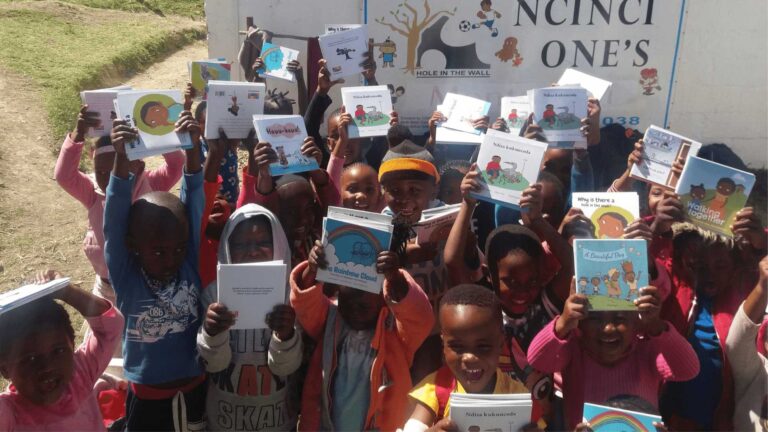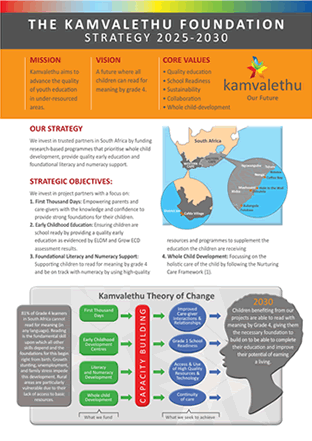At the Kamvalethu Foundation, we do things a little differently and here’s why…
South Africa is faced with many complex social issues which cannot be solved in isolation. We have brought people together in the corporate and NPO spaces to try and find collaborative solutions. We believe that by using our sustainable dividend income model, we can contribute to change in a key strategic area: Early Childhood Development (ECD).
We are committed to understanding and implementing best practice in the work that we do and believe that the business and project partner relationship is equal.
We both need and serve each other. We journey with a small group of project partners and rely on referrals that are directly related to our strategy.
We Believe That...
Early Childhood Development is a critical area of investment for societies to make.
Partnership and collaboration are the only way to achieve sustainable development.
We need to measure our outcomes to ensure that our interventions remain relevant and impactful.

Our funding model
We follow an outcomes-based funding model. We are determined to keep our operations lean and flexible to enable us to distribute the majority of our funds to project partners. We believe that the organisations with whom we partner are the experts in implementation. Our role is to draw alongside our partners, to assist them in achieving the mutually agreed outcomes and to provide an external strategic sounding board.
OUR STEPS ARE:
APPLICATION PROCESS
Project partners submit annual applications for funding which include proposed outcomes they are aiming to achieve in the year.
MEMORANDUM OF UNDERSTANDING (MOU)
Once funding has been approved, we complete a comprehensive MoU with all our project partners. This MoU includes our funding agreement and timeline, our communication plan, the project schedule, risk management plan, realistic outcomes with related targets and evidence markers. The agreed upon outcomes, targets and evidence markers are well defined, as these will be used to determine whether an outcome has been achieved, or if it is on track to being achieved.
Reporting and learning
Project partners complete 2 feedback reports in a 12 month cycle. This reporting is central to the funding process as the achievement, monitoring and evaluating of outcomes, and the learning that takes place along the way is key to future funding.

